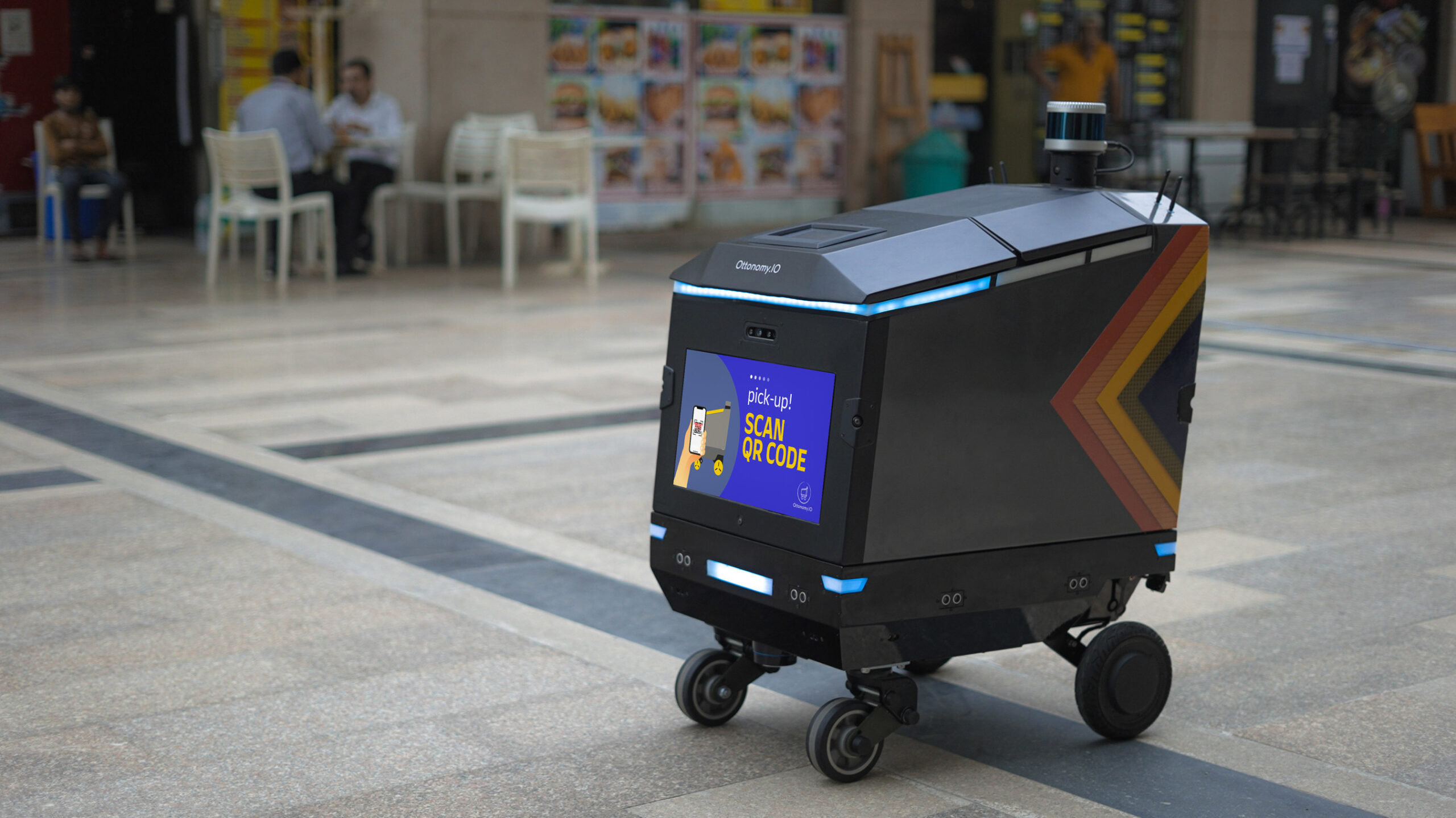As automation becomes the new normal for businesses in the era of Industry 4.0, autonomous mobile robots (AMRs) are being deployed in a range of sectors – including the retail delivery space – according to new research by GlobalData.
The data and analytics company’s latest innovation radar report, Smart robotics: how mobile robots can improve productivity, shows how enterprises and start-ups are developing and adopting AMRs to improve productivity, achieve higher efficiencies and lower costs.
It highlights that within the retail industry key players have introduced AMRs in warehouses and even on the streets to delivery directly to consumers.
Amazon has recently launched its first fully-autonomous robot ‘Proteus’ that can autonomously move through facilities to pick up and place goods transporting carts (GoCarts) containing packages. It can be automatically instructed to autonomously carry out its function and move around employees without the need to be confined to any fixed working areas.
Simultaneously, the e-commerce giant is currently testing a prototype of Cardinal, a robotic arm for handling packages of around 20kg.
Kiran Raj, practice head of disruptive tech at GlobalData, said: “The advent of AMRs as smarter and more adaptable substitutes to the automated guided vehicles for a wide range of applications in industrial operations is receiving a lot of attention. With advanced mechatronic capabilities, they are becoming an essential choice, particularly amid manpower shortages, as they can move and make decisions on their own.”
While, California’s technology start-up Ottonomy has developed the world’s first fully autonomous delivery robot ‘Ottobot’, which leverages the company’s proprietary contextual mobility navigation software to navigate through crowded and unpredictable environments.
CVG Airport, Cincinnati, partnered with the start-up to use Ottobots for delivering retail and food items at the airport. Retailer Presto has also selected the company for the delivery of its orders with Ottobots.
Abhishek Paul Choudhury, senior disruptive tech analyst at GlobalData, added: “AMRs are collaborative and adaptable to future implementations since they can avoid barriers and relieve people of repetitive work while allowing them to focus on more productive and enriching activities. As SLAM technology and robotics-as-a-service (RaaS) model evolve, more sectors will witness the commercial roll out of new and exciting AMR implementation use cases in the future.”
Furthermore, Chinese logistic start-up Geek+ partnered with domestic smart logistics and integrated solutions provider Engero to create the world’s first fully automated intelligent cold chain port warehouse in Tianjin, China. The goods requiring cold chain storage are transported by Geek+’s MP1000R AMRs to the depot area for customs inspection and disinfection, and then moved to the storage area for further processing and distribution.









